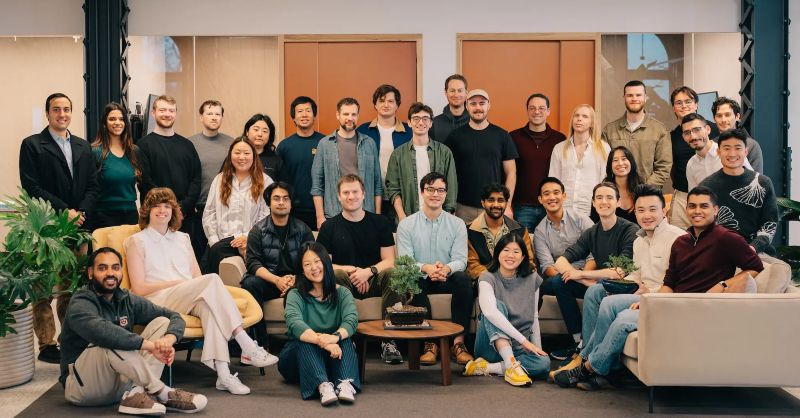NRAI Warns Restaurants on Impact of Deep Discounting Programs and Aggregator Payment Gateways
- ByStartupStory | December 9, 2024

The National Restaurant Association of India (NRAI) has issued a strong warning to its members regarding the potential long-term negative impacts of large-scale in-dining discount programs and aggregator payment platforms. The industry body highlighted that these practices could lead to “irreversible transformation,” causing “unsustainable business models” within the restaurant sector. The NRAI cautioned that while these programs may seem advantageous in the short term, they pose significant risks to the economic stability and autonomy of restaurants in the long run.
In its advisory, the NRAI emphasized that deep discounting has already caused substantial disruption in the food delivery ecosystem, and similar tactics are now being employed to capture the dine-in market. The association raised concerns about the increasing use of aggressive aggregator payment gateways that offer large-scale discounts to customers, which can ultimately undermine the financial health of restaurants.
The NRAI warned that “unlimited” and “unsustainable discounts” could permanently alter price structures and set unreasonable expectations among customers, undervaluing the overall dining experience. The association expressed particular concern for smaller, independent restaurants, noting that these practices would have a disproportionate impact on such businesses. Smaller players, who do not have the financial muscle of larger competitors, could struggle to survive in the long term.
Sagar Daryani, President of the NRAI, stated, “Our industry is at a crossroads, and the decisions we make now will shape the future of dine-in operations. Deep discounting may appear appealing in the short term, but they also pose long-term risks to restaurants’ independence and viability, especially when mandatorily bundled with the aggregator’s payment gateway.”
He further added, “As the voice of the industry we are committed to protecting the interests of the restaurant community and ensuring a fair and sustainable ecosystem. NRAI encourages the members and the broader restaurant community to engage with industry colleagues, consult their platform representatives about these programmes’ tangible benefits, and exercise thoughtful caution and sound judgment before deciding to participate.”
Aggregator payment gateways reward customers with substantial discounts and cashback offers, but these incentives are often funded at the expense of the restaurants themselves. The NRAI pointed out that restaurants are required to pay higher commissions on transactions made through these gateways, which range from 4-8%, significantly higher than the 1-1.5% charged by standard payment gateways.
Additionally, the association highlighted critical challenges related to data control and dependency. Aggregator platforms capture valuable revenue and customer data from restaurants without offering significant value in return. As customers become more reliant on these platforms, restaurants risk losing direct relationships with their patrons, transferring customer loyalty into the aggregator’s ecosystem and compromising the restaurant’s autonomy.
The NRAI expressed concern that similar “irreversible ecosystem transformations,” as seen in the food delivery market, could occur in the dine-in sector. Customer behavior influenced by aggressive discounting could result in unsustainable business models, with aggregator platforms gradually increasing discount requirements and commission rates. This could ultimately leave restaurants with little control over their operations and pricing strategies.
The advisory concluded with a call to action for restaurants to be cautious and to carefully assess the terms and conditions of aggregator payment systems before committing. It urged restaurants to consider cost-effective, independent payment options to reduce dependency on aggregator platforms. The NRAI stressed the importance of maintaining control over customer engagement and data to ensure the long-term viability and autonomy of restaurants.









